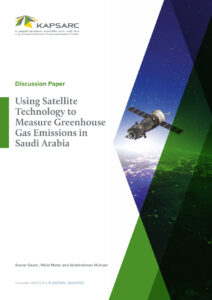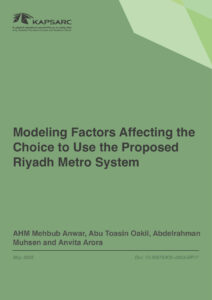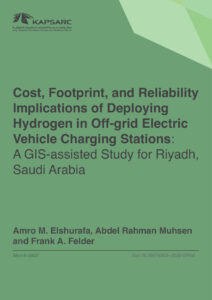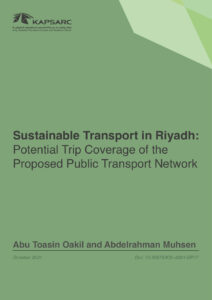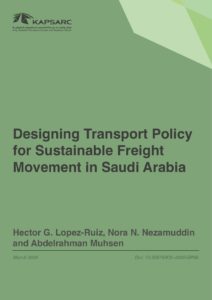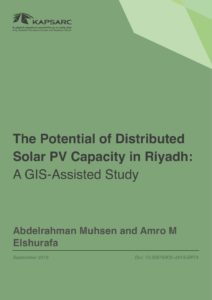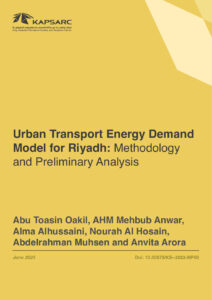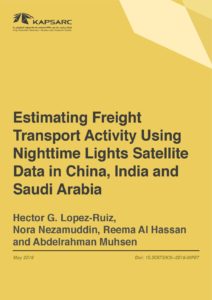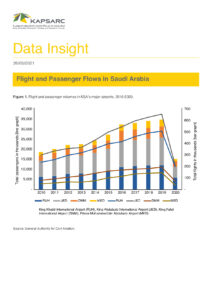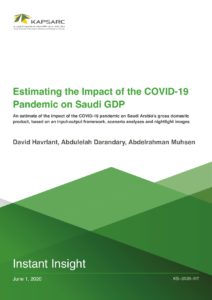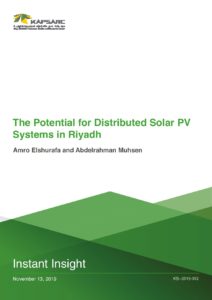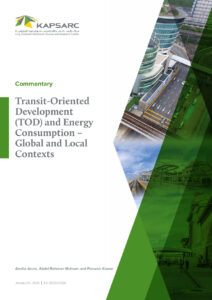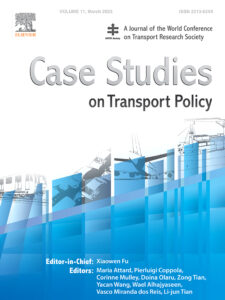Abdel is a geospatial leader, certified in GIS (GISP), with over 18 years of experience in GIS and spatial data management. He has a proven track record of leading and delivering enterprise GIS projects for international corporations in North America and the Middle East.
His work focuses on spatial economic modeling to better understand and forecast the interactions between economic activities, energy demand, land use, and transportation in urban areas.
Before KAPSARC, Abdel worked for world-renowned, global companies, such as Accenture and ESRI, in North America and the Middle East. He served as a technical leader and a senior consultant, guiding clients in the energy sector on how to extract value out of geospatial data assets and GIS investments. Abdel holds an M.Sc. in geomatics engineering from the University of Calgary, Canada.

